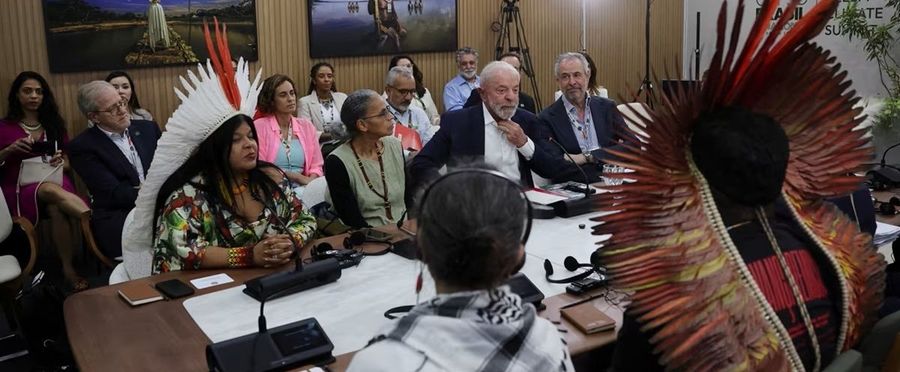The 30th Conference of the Parties to the United Nations Framework Convention on Climate Change (COP30) in Japan drew to a close amid moments that suggested a potential breakdown in proceedings. Despite a high-stakes atmosphere, negotiators managed to steer away from a deadlock to secure agreements on pressing environmental issues. The conference saw intense debates and negotiations on matters of global warming, greenhouse gas emissions, and international climate policy.
In Japan, environmental protection has been a matter of significant concern, with regular public debates and policy discussions focused on climate change and sustainability. The success or failure of the COP30 conference impacts not only Japan's international reputation but also its domestic environmental strategies, which aim at carbon neutrality by 2050. There is a high public expectation for Japan's leadership role in facilitating global environmental progress.
Similar to the EU and US, Japan shares a commitment to reducing greenhouse emissions and tackling climate change. However, compared to the EU's aggressive targets, Japan's goals are viewed as less ambitious and have faced domestic and international criticism. The US response has varied over years, especially with the change of the administration, swinging between climate denial and active participation.

